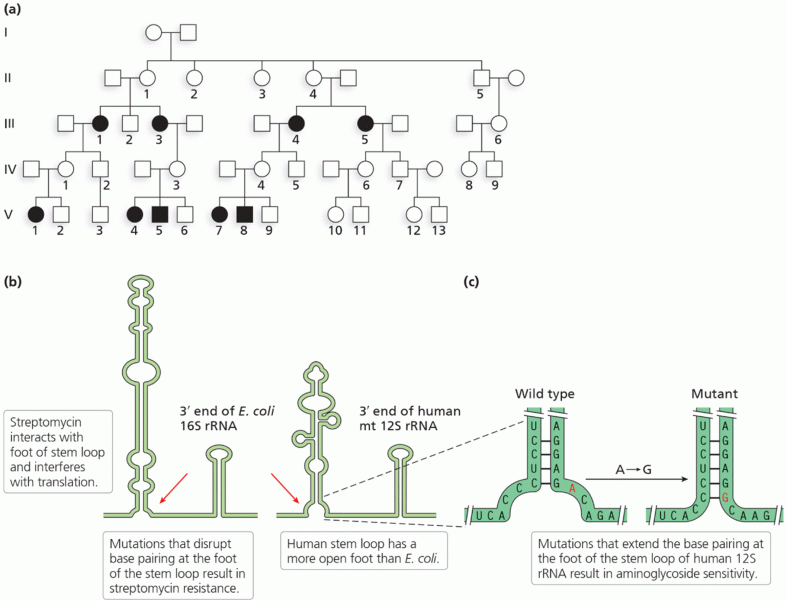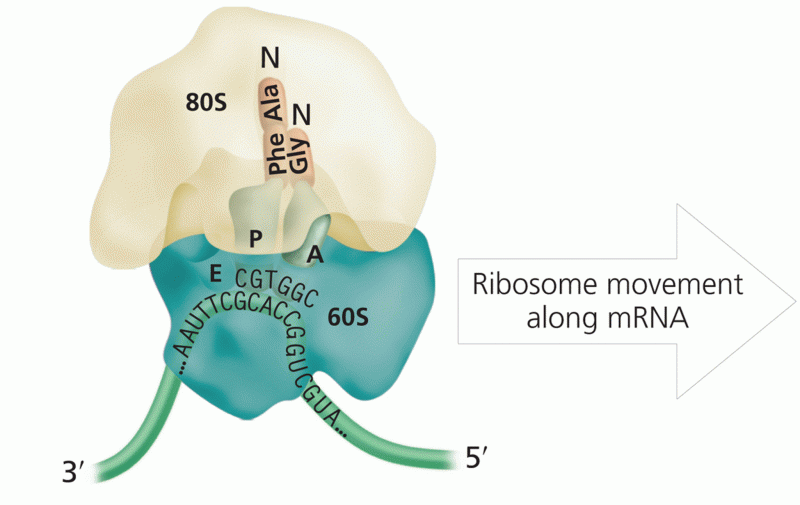Question 1
The Pentagon Papers detailed American military involvement in __________.
A) the support of various right-wing dictators in Latin America
B) Vietnam
C) Korea
D) the Dominican Republic in 1965
Question 2
The plumbers were __________.
A) a violent wing of the Students for a Democratic Society
B) members of the Nixon administration in charge of preventing leaks
C) a political-action group that lobbied for environmental reform
D) a group of working-class hippies
Question 3
Jimmy Carter won the election of 1976 because he __________.
A) was viewed as an alternative to Washington insiders
B) appealed to conservative Republicans
C) had been a leader in the antiwar movement
D) did not attempt to reassemble LBJ's political coalition
Question 4
Tapes of White House meetings revealed that President Nixon __________.
A) was actually opposed to the Vietnam War
B) did not want to run for reelection
C) had lied about his innocence in the Watergate cover-up
D) had no knowledge of the enemies list
Question 5
The foundation of the Watergate crisis was centered on __________.
A) Richard Nixon's near defeat in the election of 1972
B) Richard Nixon's overestimation of his opponent's political strengths
C) the military's growing success in the Vietnam War
D) the inability of Congress to pass any legislation
Question 6
Successes of the environmental movement included which of the following?
A) paving the way to achieve Superfund cleanup legislation for areas ravaged by pollution
B) convincing big industry to cut back its dependence on nuclear energy
C) the expansion of the Environmental Protection Agency to enforce environmental laws
D) informing people about the poor environmental conditions in wealthy areas







